EU ambassadors on Wednesday agreed on a European Council's negotiating position on a regulation on the European Border and Coast Guard; on the basis of this mandate, the Romanian presidency of the Council will start negotiations with the European Parliament, Romania's Interior Ministry (MAI) reports in a press statement.
"Today's agreed mandate on the new Frontex rules is another step on the road towards more efficient control of the EU's external borders. A stronger agency will provide us with new tools to face any current and future challenges to the Schengen area. We will now start negotiations with the European Parliament with the aim of reaching an agreement as soon as possible," Romania's Interior Minister Carmen Dan is quoted as saying.
The European Border and Coast Guard Agency (Frontex) is being strengthened in terms of staff and technical equipment. It is also being given a broader mandate to support member states' activities on border protection, return and cooperation with third countries. The proposed new rules will incorporate the European Border Surveillance System (EUROSUR) into the Frontex framework, to improve its functioning.
"To ensure a coherent management of the external borders and to be able to respond to situations of crisis a standing corps will be set up, with up to 10,000 operational staff by 2027. This standing corps will be composed of operational staff members from Frontex and from the member states under long or short time secondments," according to MAI.
Deployments of the standing corps will take place as of 1 January 2021. To be able to adapt to future situations and capabilities, 30 months after this, the European Commission will carry out a mid-term review on the overall number and composition of the standing corps. By March 2024, and following the discussion of the review by the Council and the European Parliament, the Commission will present proposals to confirm or amend the number, composition and member states' contributions to the corps.
Member states will retain primary responsibility for the management of their borders, with the agency and its staff providing technical and operational assistance subject to the agreement of the member states concerned. Under the proposed new rules, staff of the standing corps deployed to a member state will be able to exercise some executive powers to carry out border controls or return tasks, always subject to the authorisation of the host member state, including the use of force and weapons.
#Romania2019.eu/ Negotiations to start on position on regulation on European Border and Coast Guard
Explorează subiectul
Articole Similare
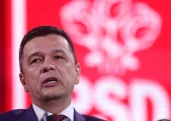
13
PSD's Grindeanu: If a Government is not for the people, then it will no longer exist at all
13

17
PM Bolojan: Temporary technical recession is part of the anticipated cost of the transition to a solid economy
17

8
President Nicusor Dan: It would have been good to have the budget before 1 January
8

11
Bucharest general mayor invited to join network of Europe's main mayors
11

19
TVR announces finalists of National Eurovision Selection
19

11
DefMin Miruta leading Romania's delegation to Munich Security Conference
11

12
Romania's economy grows by 0.6pct in 2025, but ends year on technical recession
12
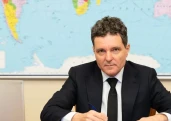
11
President signs degree on judge Ionela Tudor's retirement
11

10
President Dan: Governing coalition works better than generally perceived
10

22
President Dan: George Simion, with a large delegation, was not welcomed by anyone in the US
22

16
President Dan: The European Commission has committed to come up with proposals on lowering energy prices
16

13
President Dan: For each of the three prosecutor's offices there are very interesting picks
13
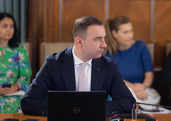
24
EnerMin Ivan:Final Investment Decision for Doicesti SMR marks transition from analysis implementation phase
24

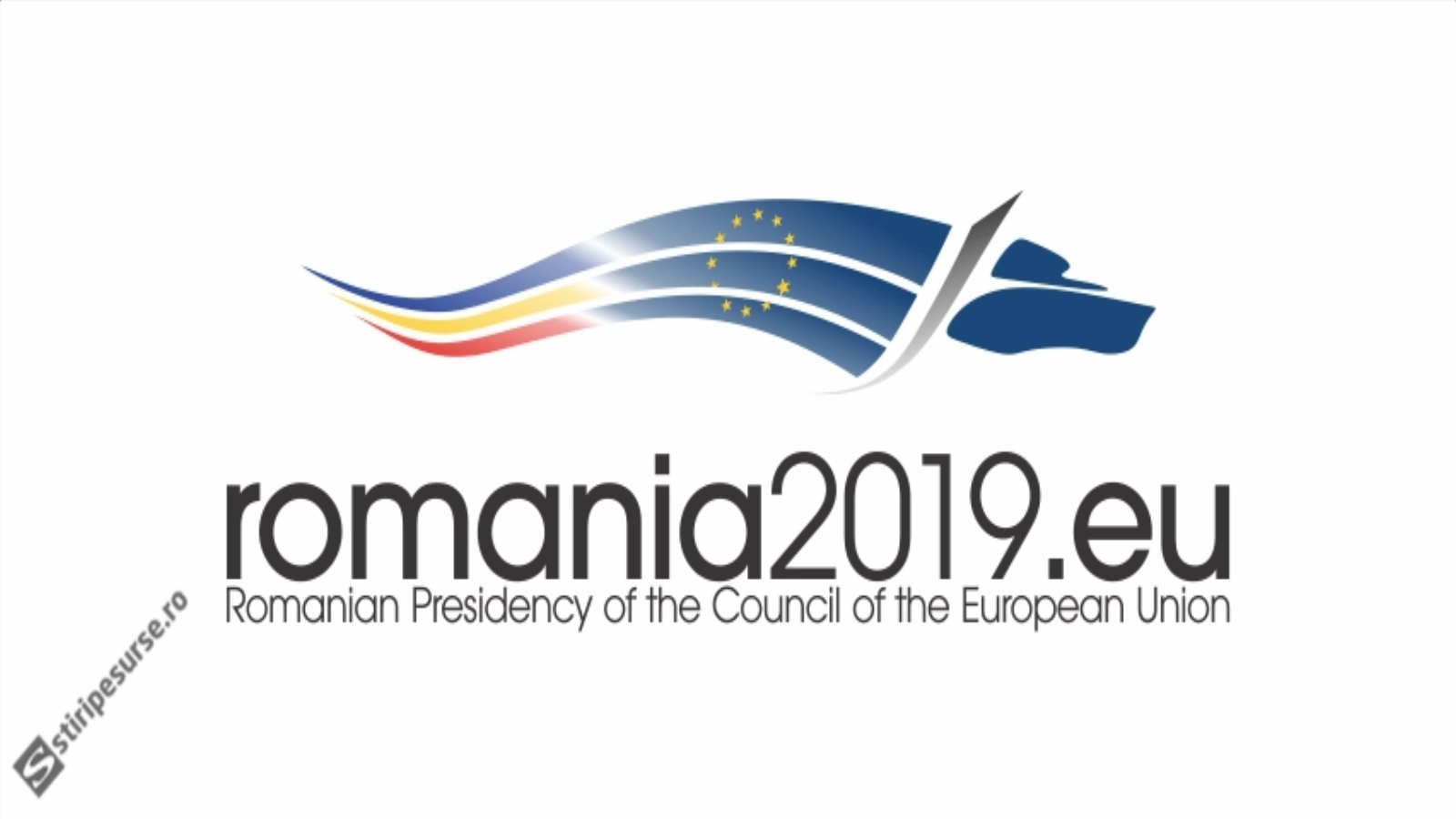






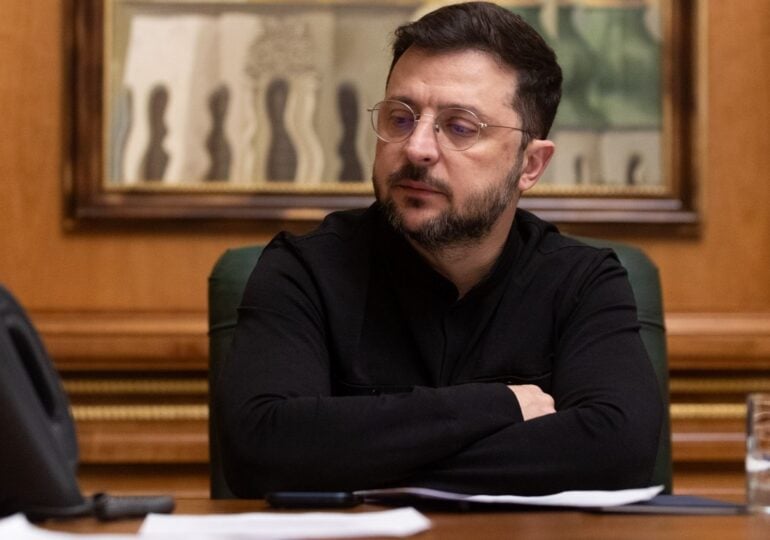






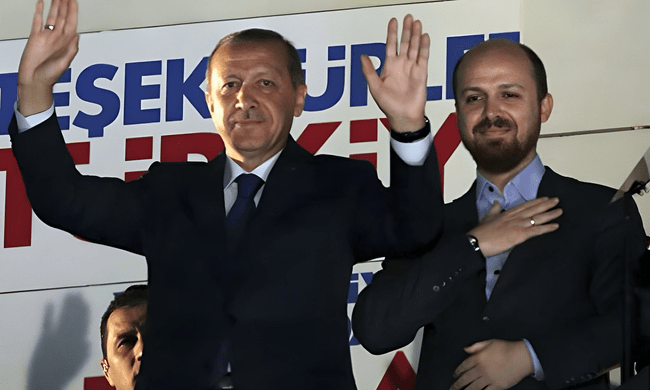



Comentează